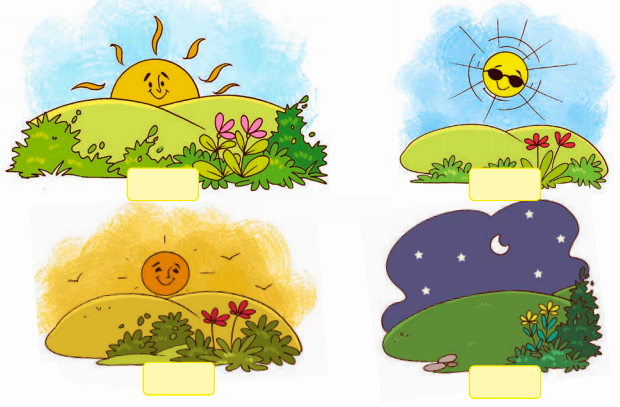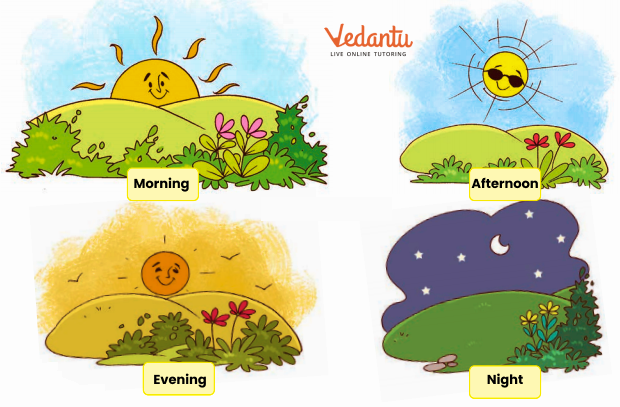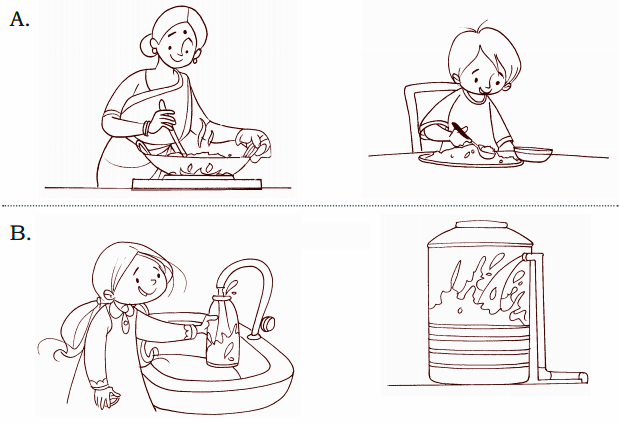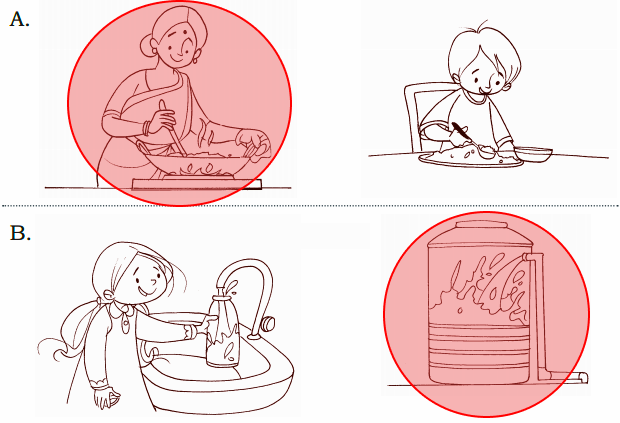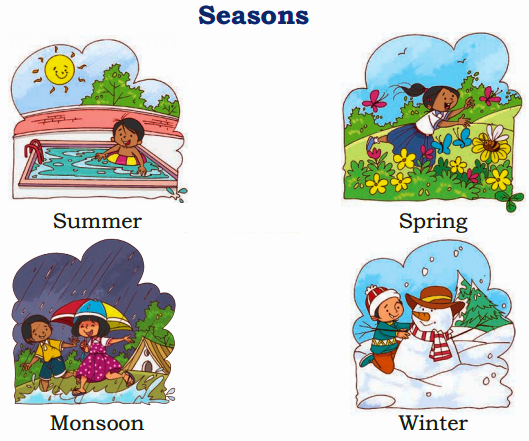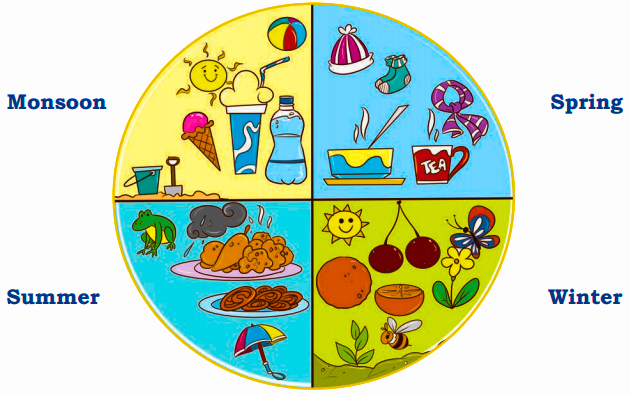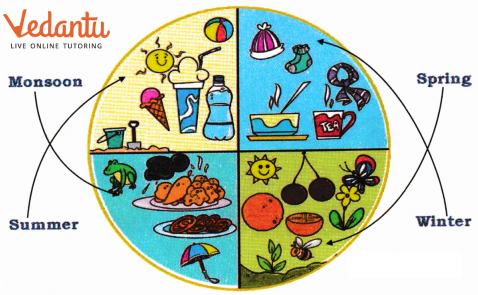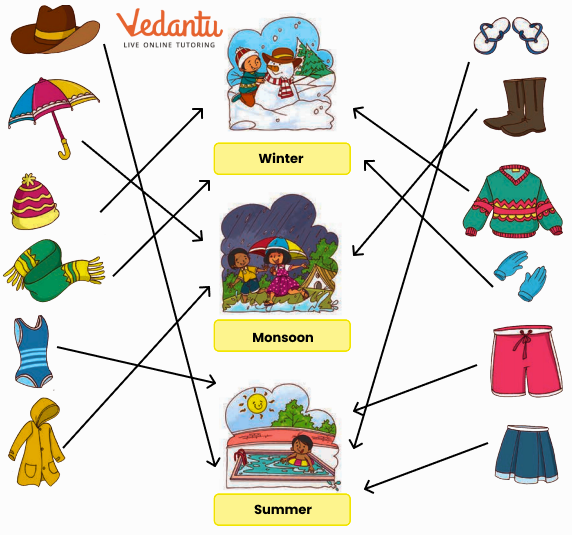How Do I Spend My Day? - Exercise-wise Questions and Answers For Class 1 Maths - Free PDF Download
FAQs on NCERT Solutions For Class 1 Maths Chapter 10 How Do I Spend My Day? (2025-26)
1. How do the NCERT Solutions for Class 1 Maths Chapter 10 help in solving the exercises?
The NCERT Solutions for Class 1 Maths Chapter 10 provide step-by-step answers for all the questions in the textbook. They explain the logic for sequencing daily activities, helping students correctly solve problems related to identifying what comes earlier or later in the day, as per the 2025-26 CBSE syllabus.
2. What is the correct method to solve the picture-based questions in the 'How Do I Spend My Day?' chapter?
According to the NCERT Solutions, the correct method to solve picture-based questions is to first identify the activity shown (e.g., brushing teeth, eating lunch). Then, you should connect this activity to a specific time of the day (morning, afternoon, evening, or night). The solutions guide you to choose the right answer by logically matching the picture to the time.
3. How do the solutions explain the concepts of 'earlier' and 'later' for Class 1 students?
The solutions explain 'earlier' and 'later' using simple, relatable examples from a child's day. For instance, an activity done in the morning, like waking up, is explained as 'earlier' than an activity done in the afternoon, like coming home from school. The step-by-step answers demonstrate how to arrange these events in the correct time order.
4. Where can I find the solved answers for the activity sequencing questions in Chapter 10?
You can find all the solved answers in Vedantu's NCERT Solutions for Class 1 Maths Chapter 10. These solutions provide the correct sequence for all activities mentioned in the textbook exercises, with clear explanations to help you understand the order of daily routines.
5. Why is it important to use the method in the NCERT Solutions for sequencing daily events?
Using the structured method from the NCERT Solutions is important because it builds a strong logical foundation for understanding time. It helps a student to think systematically about the order of events, which is a fundamental skill in mathematics. This ensures that the student not only gets the right answer but also understands the reasoning behind it.
6. How do the solutions help a student apply the lessons from Chapter 10 to their own daily routine?
By working through the solved examples, students learn to categorise activities into different parts of the day. The solutions explain the 'why' behind each sequence, such as why breakfast comes before school. This encourages students to observe and organise their own daily schedule, making learning a practical, real-life skill.
7. What common mistakes do the NCERT Solutions help prevent when learning about time sequence?
A common mistake for young learners is confusing the order of closely timed activities, like 'playing in the evening' and 'doing homework'. The NCERT Solutions help prevent this by providing clear, distinct examples for each time period, reinforcing the correct sequence and helping students build accurate mental models of a day's structure.
8. Are the methods and answers in these NCERT Solutions aligned with the current CBSE 2025-26 syllabus?
Yes, all solutions for Class 1 Maths Chapter 10 are meticulously prepared by subject experts to be fully compliant with the latest CBSE guidelines and the NCERT textbook for the 2025-26 academic session. They ensure students learn the correct and currently prescribed methods.
9. How do the solutions clearly differentiate activities for morning, afternoon, and evening?
The NCERT Solutions use simple and logical associations to differentiate activities. They explain that:
- Morning activities are those you do after waking up and before school.
- Afternoon activities typically happen after you return from school.
- Evening activities include playing, studying, and spending time with family before dinner.
- Night activities are related to having dinner and going to sleep.
This clear categorisation in the solved problems helps students easily identify the correct time for any given activity.

























